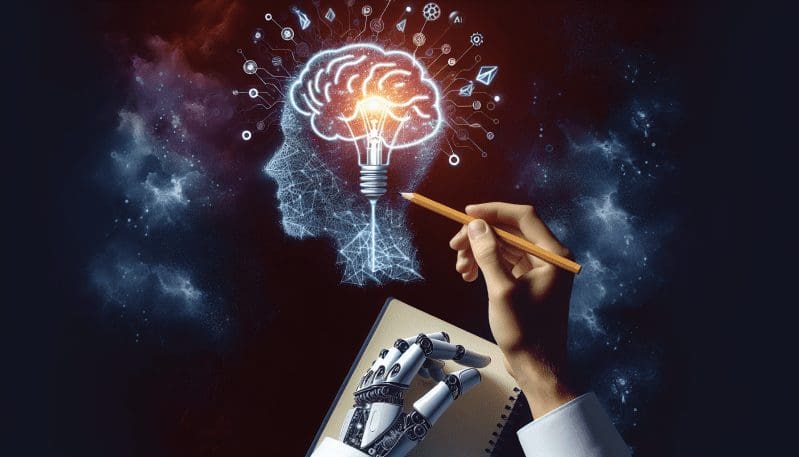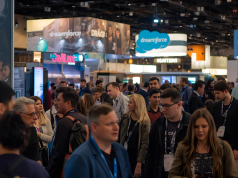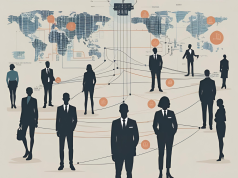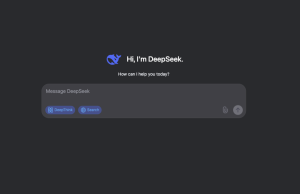As we stand at the cusp of a technological revolution, the workplace is one of the domains experiencing the most dynamic changes. Artificial Intelligence (AI) and automation, once buzzwords, have now become integral components of our daily professional lives. The Work Times, akin to The New York Times for all things work-related, delves into the role of AI in today’s corporate landscape and its multifaceted relationship with the human workforce.
AI’s incursion into the workplace is often met with a dichotomous blend of optimism and trepidation. On the one hand, the potential of AI to augment human capabilities is enormous. AI-powered tools can analyze large data sets with superhuman speed and accuracy, providing insights that humans alone would take much longer to generate. This allows workers to pivot from mundane tasks to more strategic roles where human creativity and strategic thinking are at a premium. In fields such as medicine, AI is aiding in diagnosis and personalized treatment plans, while in financial services, it assists in fraud detection and personalized customer experiences.
Yet, alongside these benefits lurk fears of job displacement. The oft-cited concern is that AI and robots will render human labor obsolete. However, the reality is more nuanced. While AI may indeed automate certain tasks, it also creates new opportunities and markets that demand a human touch. The key challenge, then, is for the workforce to adapt and reskill to work alongside, rather than in competition with, AI.
Ethical considerations are also at the forefront of AI integration into the workplace. AI decision-making in hiring, promotions, and terminations is a double-edged sword. On one hand, AI may help in reducing human biases, offering a more data-driven approach to employee evaluation. On the other, the opacity of some AI algorithms and the potential for inheriting the biases present in their training data raise substantial concerns. Companies must navigate these waters with care, ensuring transparency and fairness in AI’s role in employee management.
The integration of AI varies greatly across different sectors. Manufacturing, with its long history of automation, continues to evolve with AI-driven predictive maintenance and supply chain optimization. The service industry is also transforming with chatbots and AI customer service agents. However, the human element remains essential in managing complex customer relations and providing the empathy that no AI can truly replicate.
Looking forward, the skills employees will need to remain relevant in an AI-infused workplace include adaptability, critical thinking, emotional intelligence, and the ability to work seamlessly with technology. Businesses have a responsibility to invest in continuous learning and development for their employees to ensure that they can thrive in this new environment.
Ultimately, the goal for businesses should not be to replace humans with AI but to harness AI to drive innovation and enhance human capabilities. With the right approach, AI can free humans from rote tasks, enabling them to focus on creative, strategic endeavors that drive forward business and personal growth. As we continue to negotiate the integration of AI into the workplace, it remains paramount to foster a harmonious environment where technology serves to amplify talent, and where both can thrive together.




























